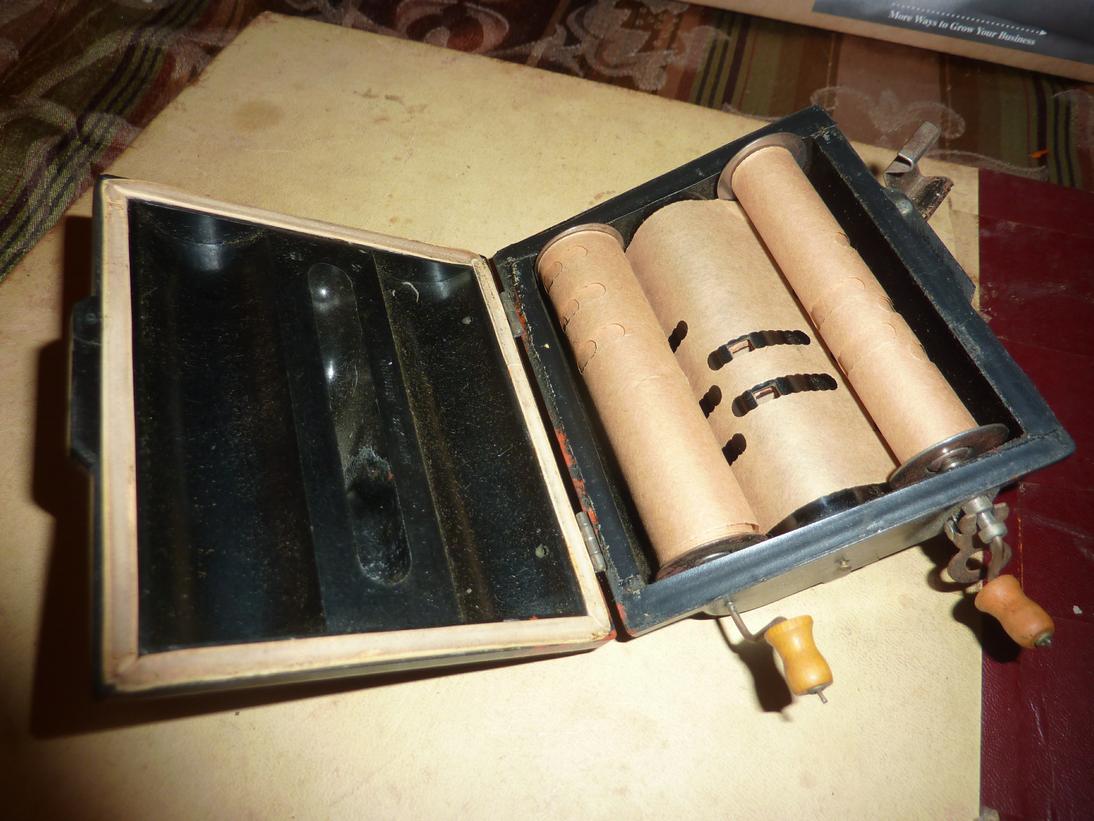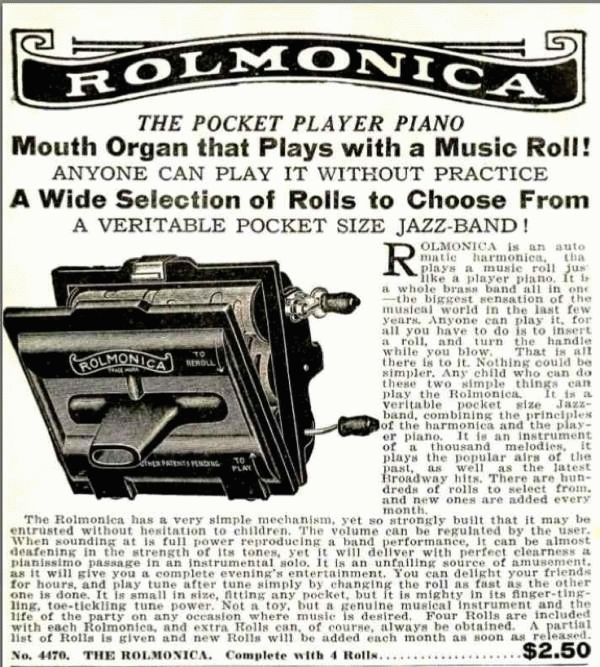 Cultural History of the Time Cultural History of the Time
For Timeline Click Here
Musical Hits 1930
- "After a Million Dreams", recorded by John Boles and by George Olsen
- "All I Want Is Just One Girl" by Maurice Chevalier
- "Alone In the Rain", recorded by Donald Novis and by Lloyd Huntley Orchestra
- "Alone With My Dreams", recorded by Nat Shilkret Orchestra and by Charles Lawman
- "Always In All Ways", recorded by Jeanette MacDonald and by George Olsen Orchestra
- "Any Time's the Time to Fall In Love" by Charles Buddy Rogers
- "Beyond the Blue Horizon", recorded by Jeanette MacDonald, by George Olsen & His Music, and by Phil Spitalny Orchestra
- "Beware of Love" by J. Harold Murray
- "Blue Is the Night", recorded by James Melton, by Charles Lawman, by Nat Shilkret Orchestra and by Meyer Davis Orchestra
- "Body and Soul" by Paul Whiteman & His Orchestra
- "Betty Coed" by Rudy Vallee
- "Caribbean Love Song", recorded by Nat Shilkret and by Colonial Club Orchestra (conducted by Bob Haring)
- "Charming" by Frank Munn
- "Cryin' for the Carolines" by Johnny Marvin
- "Dancing with Tears In My Eyes" by The Nat Shilkret Orchestra
- "Dark Night" by Nat Shilkret
- "Dream Lover", recorded by Nat Shilkret Orchestra and by Jeanette MacDonald
- "For You" by John Boles
- "Gone", recorded by Nat Shilkret Orchestra and by Charles Lawman
- "He's My Secret Passion" by Jacques Renard Orchestra
- "Happy Days Are Here Again" by Charles King
- "Here Comes the Sun" by Charles King
- "I Bring A Love Song", recorded by Willie Robyn, by Leo Reisman Orchestra, and by Jacques Renard Orchestra
- "I Never Dreamt (You'd Fall In Love With Me)", recorded by Chester Gaylord and by Ruth Etting
- "I Still Get a Thrill", recorded by Ozzie Nelson Orchestra, by Phil Spitalny Orchestra, and by Chester Gaylord
- "I'd Like to Be a Bee In Your Boudoir" by Charles Buddy Rogers
- "I'll See You In My Dreams" by Cliff Edwards
- "I'm Confessin' (That I Love You)", recorded by Chester Gaylord and by Rudy Vallee
- "In Memory of You" by the Anglo-Persians
- "Into My Heart" by Nat Shilkret
- "It Happened In Monterey", recorded by John Boles, by Paul Whiteman & His Orchestra, and by Harold Scrappy Lambert
- "It's a Great Life" by Maurice Chevalier
- "June Kisses" by Dick Powell
- "Just a Little Closer", recorded by Nick Lucas and by Rudy Vallee
- "Just a Little While", recorded by The Troubadours (conducted by Nat Shilkret) and by The Regent Club Orchestra (conducted by Bob Haring)
- "Lazy Lou'siana Moon", recorded by Harold Scrappy Lambert and by Regent Club Orchestra
- "Leave a Little Smile" by Charles King
- "Leave It That Way", recorded by Lawrence Gray and by Jack Denny Orchestra
- "The Little Things In Life", recorded by Lewis James and by Gus Arnheim Orchestra with Bing Crosby
- "Little White Lies", recorded by Fred Waring and His Pennsylvanians and by Johnny Marvin
- "Looking for Lovelight In the Dark" by Jackie Taylor Orchestra
- "Maybe It's Love", recorded by Nick Lucas and Kate Smith
- "Memories of You" by Chester Gaylord
- "My Future Just Passed", recorded by Charles Buddy Rogers and by Chester Gaylord
- "My Ideal" by Maurice Chevalier
- "Nobody Cares If I'm Blue" by Meyer Davis Orchestra
- "Night Winds" by Bebe Daniels
- "Ninety-Nine Out of a Hundred (Wanna Be Loved) by Rudy Vallee
- "On the Sunny Side of the Street" by Ted Lewis & His Band
- "One More Waltz", recorded by Ted Fiorito Orchestra and The Regent Club Orchestra (conducted by Bob Haring)
- "The One Girl" by John Boles
- "One Little Drink" by Noah Beery
- Puttin' on the Ritz by Harry Richman
- "The Rogue Song" by Nat Shilkret Orchestra
- "Romance" by John Boles
- "The Stein Song" by Rudy Vallee
- "Sally" by James Melton
- "The Shepherd's Serenade", recorded by Frank Munn and James Melton
- "Should I?", recorded by Frank Munn and by Victor Arden and Phil Ohman Orchestra
- "Singing a Song to the Stars", recorded by Lewis James and Cliff Edwards
- "So Beats My Heart for You" by Chester Gaylord
- "Song of the Dawn" by John Boles
- "Something To Remember You By" by Helen Morgan
- "Ten Cents A Dance" by Ruth Etting
- "There's Something About An Old Fashioned Girl" by Abe Lyman Orchestra
- "Three Little Words", recorded by Nick Lucas, by Paul Whiteman's Rhythm Boys, and by Duke Ellington & His Jungle Band
- "Through (How Can You Say We're T`rough?) " by Franklyn Baur
- "Tomorrow Is Another Day", recorded by Ted Fiorito Orchestra and by Ben Bernie Orchestra
- "Under A Texas Moon", recorded by Chester Gaylord and by Ted Fiorito Orchestra
- "Under The Spell Of Your Kiss", recorded by Jacques Renard Orchestra and by Lewis James
- "Until Love Comes Along", recorded by Bebe Daniels, by Nat Shilkret Orchestra, and by Tom Clines Orchestra
- "Were You Just Pretending?" by James Melton
- "West Wind" by John Boles
- "What Do I Care?" by Charles Lawman
- "What's The Use?" by Chester Gaylord
- "When I'm Looking At You", recorded by Lawrence Tibbett, Chester Gaylord, and Nat Shilkret Orchestra
- "When Love Comes In The Moonlight", recorded by Charles King and Jackie Taylor Orchestra
- "When The Little Red Roses Get The Blues For You", recorded by Al Jolson, George Olsen and Earl Burtnett
- "With My Guitar And You", recorded by Lewis James and Dick Powell
- "The Whole Darned Thing's For You" by Lawrence Gray
- "We're Friends Again" by Jacques Renard Orchestra
- "Whippoorwill", recorded by Jack Denny Orchestra and The Ipana Troubadors
- "With A Song In My Heart" by Franklyn Baur
- "You Brought A New Kind Of Love To Me" by Maurice Chevalier
- "You, You Alone" by John Boles
- "You Will Come Back To Me", recorded by Abe Lyman Orchestra and Charles Lawman
- "You Will Remember Vienna", recorded by Willie Robyn, Leo Reisman Orchestra, and Regent Club Orchestra (conducted by Bob Haring)
- "You're Driving Me Crazy (What Did I Do?)" by Nick Lucas
- "You're Lucky To Me" by Chester Gaylord
Timeline 1930
January
- January 6
- The first diesel engine automobile trip is completed
(Indianapolis, Indiana, to New York City) by Clessie Cummins, founder of
the Cummins Motor Co..
- An early literary character licensing
agreement is signed by A. A. Milne, granting Stephen Slesinger U.S. and
Canadian merchandising rights to the Winnie-the-Pooh works.
- January 13 – The Mickey Mouse comic strip makes its first appearance.
- January
26 – The Indian National Congress declares this date as Independence
Day or as the day for Poorna Swaraj (Complete Independence).
- January 28 – The first patent for a field-effect transistor is granted in the United States to Julius Edgar Lilienfeld.[1]
- January 30 – Pavel Molchanov launches a radiosonde from Pavlovsk in the Soviet Union.
- January 31 – The 3M company markets Scotch Tape, invented by Richard Gurley Drew, in the United States.
February
- February 2 – The Communist Party of Vietnam is established.
- February 10 – The Việt Nam Quốc Dân Đảng launch the Yên Bái mutiny in the hope of ending French colonial rule in Vietnam.
- February 18
- While studying photographs taken in January, Clyde Tombaugh
confirms the existence of Pluto, a Celestial Body considered a planet
until redefined as a dwarf planet in 2006.
- Elm Farm Ollie becomes the first cow to fly in a fixed-wing aircraft, and also the first cow to be milked in an aeroplane.
March
- March 2 – Mahatma Gandhi informs the British viceroy of India that civil disobedience will begin 9 days later.
- March 5 – Danish painter Einar Wegener begins sexual reassignment surgery in Germany and takes the name Lili Elbe.
- March 6 – The first frozen foods of Clarence Birdseye go on sale in Springfield, Massachusetts.
- March 12 – Mahatma Gandhi
sets off on a 200-mile protest march towards the sea with 78 followers
to protest at the British monopoly on salt; more will join them during
the Salt March that ends on April 5.
- March 28 – The government
of Turkey requests the international community to adopt Istanbul and
Ankara as the official names for Constantinople and Angora.
- March 29 – Heinrich Brüning is appointed Chancellor of Germany.
- March 31 – The Motion Picture Production Code
("Hays Code") is instituted in the United States, imposing strict
guidelines on the treatment of sex, crime, religion and violence on
films for the next 40 years.
April
- April 4 – The Communist Party of Panama is founded.
- April
5 – In an act of civil disobedience, Mahatma Gandhi breaks the Salt
laws of British India by making salt by the sea at the end of the Salt
March.
- April 6
- International Left Opposition (ILO) is founded in Paris, France.
- Hostess Twinkies are invented.
- April 17 – Neoprene is invented by DuPont.
- April 18
- The Chittagong Rebellion begins in India with the Chittagong armoury raid.
- BBC Radio from London reports on this day that "There is no news".
- April 19 – Warner Bros. in the United States release their first cartoon series called Looney Tunes which runs until 1969.
- April 21
- A fire in the Ohio Penitentiary in Columbus kills 320 people.
- The Turkestan–Siberia Railway is completed.
- April 22 – The United Kingdom, Japan and the United States sign
the London Naval Treaty to regulate submarine warfare and limit naval
shipbuilding.
- April 28 – The first night game in organized baseball history takes place in Independence, Kansas.
May
- May 4 or 5 – Mahatma Gandhi is arrested again.
- May 6 – The Great Salmas Earthquake in Iran (7.3 on the Richter Scale) kills 4,000 people.
- May 10 – The National Pan-Hellenic Council is founded in Washington, D.C..
- May 15 – Nurse Ellen Church becomes the world's first flight attendant, working on a Boeing Air Transport trimotor.
- May 16 – Rafael Leónidas Trujillo is elected president of the Dominican Republic.
- May
17 – French Prime Minister André Tardieu decides to withdraw the
remaining French troops from the Rhineland (they depart by June 30).
- May
24 – Amy Johnson lands in Darwin, Australia, becoming the first woman
to fly solo from England to Australia (she left on May 5 for the 11,000
mile flight).
- May 30
- Sergei Eisenstein arrives in Hollywood to work for Paramount Pictures; they part ways by October.
- Canadian adventurer William "Red" Hill, Sr., makes a five-hour journey down the Niagara Gorge rapids.
June
- June 9 – Chicago Tribune journalist Jake Lingle is shot in
Chicago, Illinois. Newspapers promise $55,000 reward for information.
Lingle is later found to have had contacts with organized crime.
- June 14 – Bureau of Narcotics established under the United States Department of the Treasury, replacing the Narcotics Division of the Prohibition Unit.
- June 17 – President of the United States Herbert Hoover signs the Smoot–Hawley Tariff Act into law.
- June 21 – One-year conscription comes into force in France.
July
- July 4 – The dedication of George Washington's sculpted head is held at Mount Rushmore in South Dakota.
- July
5 – The Seventh Lambeth Conference of Anglican bishops opens. This
conference approves the use of birth control in limited circumstances, a
move away from the Christian views on contraception expressed by the
Sixth Conference a decade earlier.
- July 7
- The Lapua Movement marches in Helsinki, Finland.
- Building of the Boulder Dam (later known as the Hoover Dam) is started on the Colorado River in the United States.
- July 11 – Australian cricketer Donald Bradman scores a world
record 309 runs in one day, on his way to the highest individual Test
innings of 334, during a Test match against England.
- July 13 – The first FIFA World Cup starts: Lucien Laurent scores the first goal, for France against Mexico.
- July
19 – Georges Simenon's detective character Inspector Jules Maigret
makes his first appearance in print under Simenon's own name when the
novel Pietr-le-Letton (known in English as The Strange Case of Peter the Lett) begins serialization in a French weekly magazine.[2] Simenon will eventually write 75 novels (as well as 28 short stories) featuring the pipe-smoking Paris detective.
- July 21 – United States Department of Veterans Affairs established.
- July 25 – Laurence Olivier marries Jill Esmond.
- July 26 – Charles Creighton
and James Hargis of Missouri begin their return journey to Los Angeles
using only a reverse gear; the 11,555 km trip lasts 42 days.
- July 28 – R. B. Bennett defeats William Lyon Mackenzie King in federal elections and becomes the Prime Minister of Canada.
- July 29 – British airship R100 sets out for a successful 78-hour passage to Canada.
- July 30
- Uruguay beats Argentina 4–2 to win the first Association football FIFA World Cup final.
- New York station W2XBS is put in charge of NBC broadcast engineers.
- July 31 – The radio drama The Shadow airs for the first time in the United States.
August
- August 6 – Judge Joseph Force Crater steps into a taxi in New York City and disappears.
- August 7
- R. B. Bennett takes office as the eleventh Prime Minister of Canada.
- Lynching
of Thomas Shipp and Abram Smith in Marion, Indiana. They are hanged;
James Cameron survives. This will be the last lynching of African
Americans in the Northern United States.
- August 9 – Betty Boop premieres in the animated film Dizzy Dishes.
- August 12 – Turkish troops move into Persia to fight Kurdish insurgents.
- August 16 – The first British Empire Games open in Hamilton, Ontario, Canada.[3]
- August
21 – Princess Margaret Rose is born at Glamis Castle in Scotland,
younger daughter of Prince Albert, Duke of York (second son of King
George V and Queen Mary, and later King George VI) and Elizabeth,
Duchess of York, and sister to The Princess Elizabeth.
- August 27 – A military junta takes over in Peru.
September
- September 6 – José Félix Uriburu carries out a military coup, overthrowing Hipólito Yrigoyen, President of Argentina.
- September
12 – England cricketer Wilfred Rhodes ends his 1,110-game first-class
career by taking 5 for 95 for H. D. G. Leveson Gower's XI against the
Australians.
- September 14 – German election, 1930:
National Socialists win 107 seats in the German Parliament, the
Reichstag (18.3% of all the votes), making them the second largest
party.
- September 20 – The Eastern Catholic Rite Syro-Malankara Catholic Church is formed.
- September 27 – İsmet İnönü forms a new government in Turkey (6th government).
October
- October – The Indochinese Communist Party is formed.
- October
5 – British airship R101 crashes in France en route to India on its
maiden long-range flight resulting in the loss of 48 lives.
- October 20 – A British White Paper demands restrictions on Jewish immigration into Mandatory Palestine.[4]
- October 24 – Revolution of 1930 in Brazil: Getúlio Dornelles Vargas establishes a dictatorship.
- October
27 – Ratifications exchanged in London on the first London Naval Treaty
signed in April modifying the Washington Naval Treaty
of 1925. Its arms limitation provisions go into effect immediately,
hence putting more limits on the expensive naval arms race between its
five signatories (the United Kingdom, the United States, the Japanese Empire, France, and Italy.)
November
- November 2 – Haile Selassie is crowned emperor of Ethiopia.
- November 3 – Getúlio Vargas becomes president of Brazil.
- November 25
- An earthquake in the Izu Peninsula of Japan kills 223 people and destroys 650 buildings.
- Cecil George Paine, a pathologist at the Sheffield Royal Infirmary in England, achieves the first recorded cure (of an eye infection) using penicillin.[5]
December
- December – All adult Turkish women are given the right to vote in elections.
- December
2 – Great Depression: President Herbert Hoover goes before the United
States Congress to ask for a $150 million public works program to help
create jobs and to stimulate the American economy.
- December 7 – The television station W1XAV in Boston, Massachusetts, broadcasts video and audio from the radio orchestra program The Fox Trappers. This broadcast also includes the first television commercial in the United States, an advertisement for the I. J. Fox Furriers company which sponsored the telecast.
- December
19 – Mount Merapi volcano in central Java, Indonesia, erupts,
destroying numerous villages and killing thirteen hundred people.
- December 24 – In London, inventor Harry Grindell Matthews demonstrates his device to project pictures on the clouds.
- December 28 – Mahatma Gandhi leaves India en route to Britain to join the Second Round Table Conference on the future of India.[citation needed]
- December 29 – Sir Muhammad Iqbal's presidential address in Allahabad introduces the two nation theory, outlining a vision for the creation of Pakistan.
- December 31 – The Papal encyclical Casti Connubii
issued by Pope Pius XI stresses the sanctity of marriage, prohibits
Roman Catholics from using any form of artificial birth control, and
reaffirms the Catholic prohibition on abortion.
Date unknown
- A "Jake paralysis" outbreak occurs in the United States resulting
from adulterated Jamaica ginger sold as an alcohol substitute during
Prohibition.
- Bernhard Schmidt invents the Schmidt camera.[6]
- The chocolate chip cookie is invented by Ruth Wakefield of the Toll House Inn in Whitman, Massachusetts.
- A huge hurricane on the Caribbean Sea demolishes most of the city of Santo Domingo in the Dominican Republic.
- The experimental television station, W9XAP, in Chicago, Illinois,
broadcasts the election for the United States Senate, the first time
that a senatorial race, with continual tallies of the votes, is
televised.
- Greater Sudbury is incorporated as a city in northern Ontario.
- 1930–1931
– Crazy Horse's lifelong friend, "He Dog" of the Oglala Lakota, is
interviewed by journalist Eleanor Hinman and writer Mari Sandoz.
To return to the top of this page click here
To return to the main menu click here
|



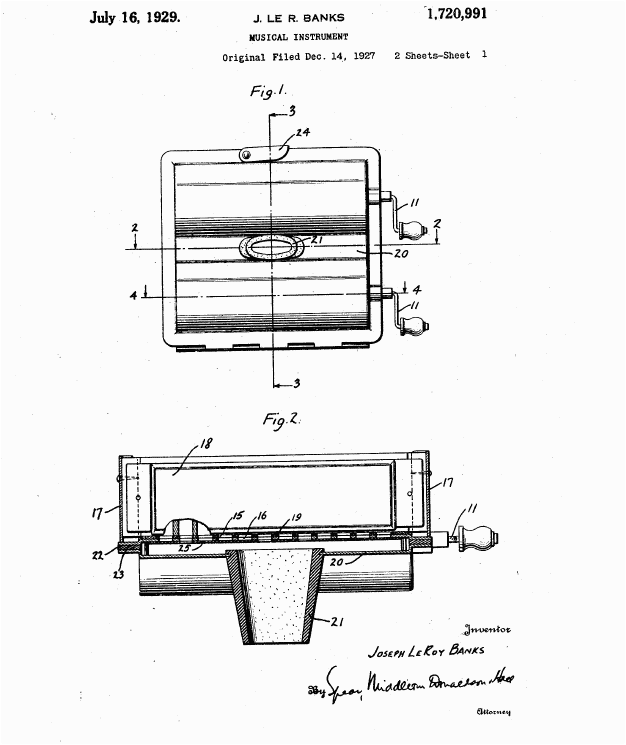
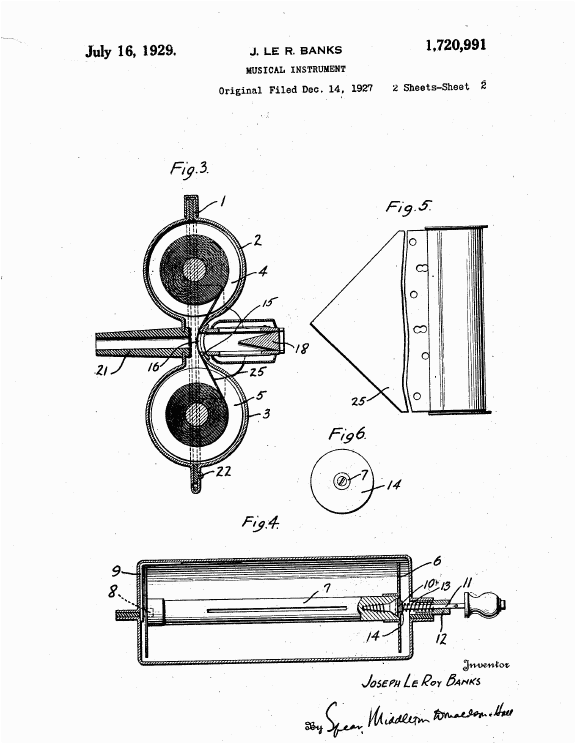
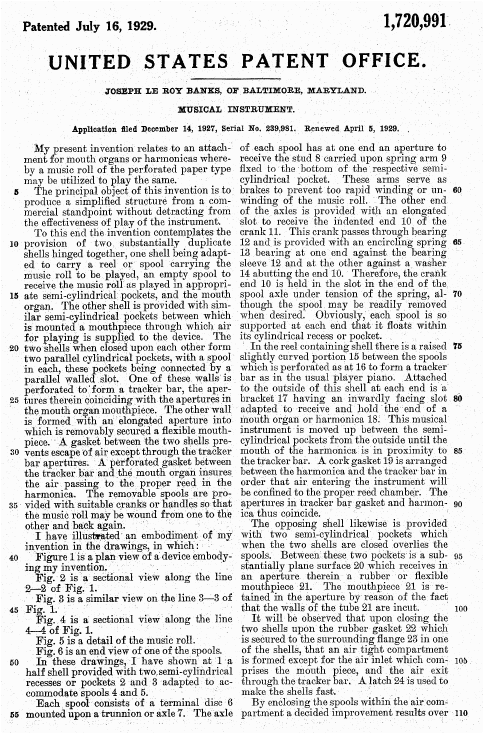
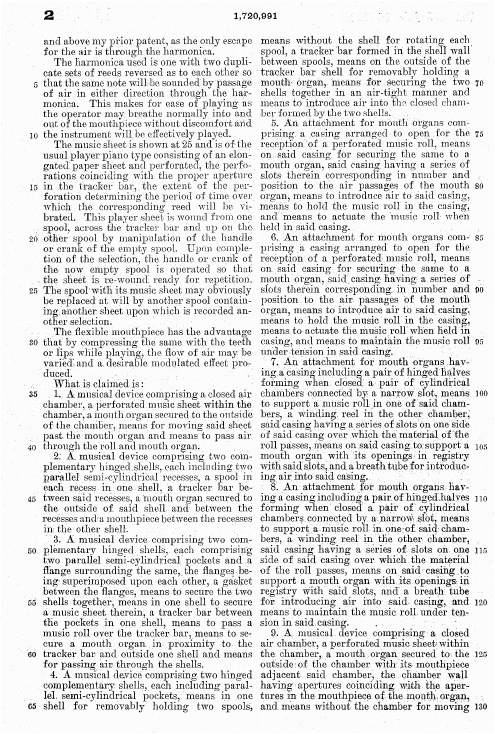
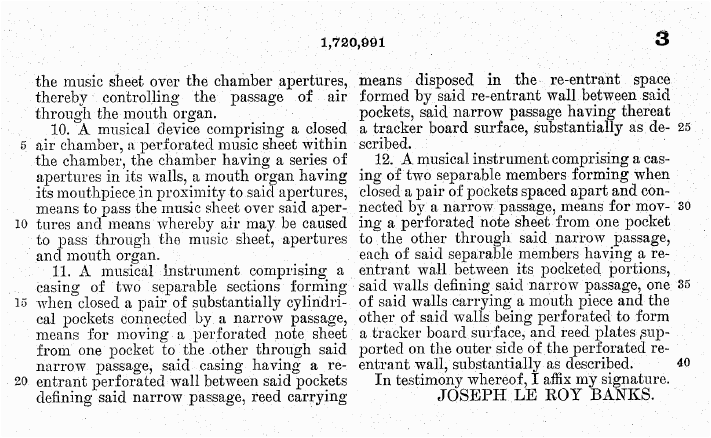
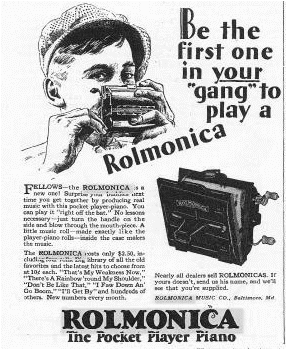
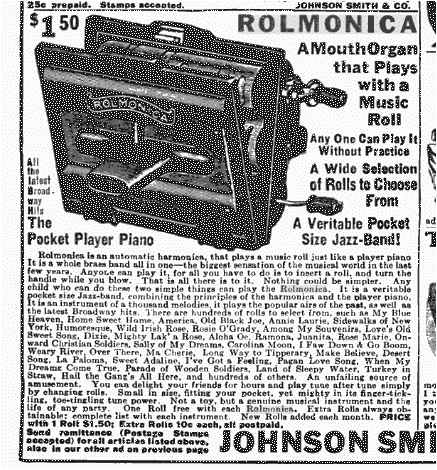


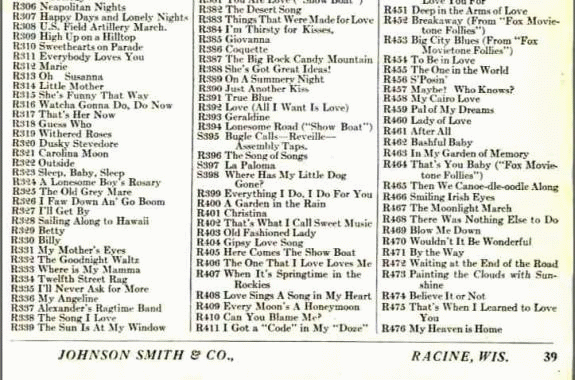
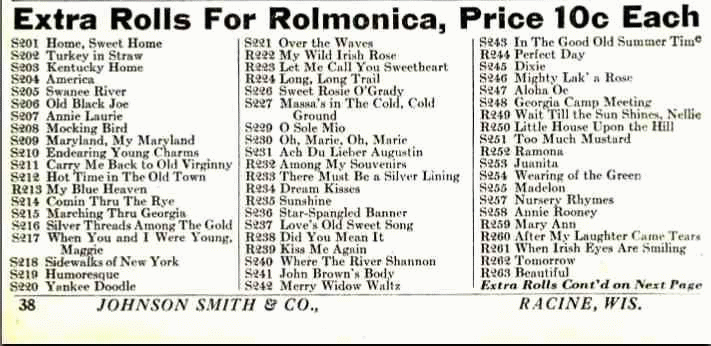
 Cultural History of the Time
Cultural History of the Time